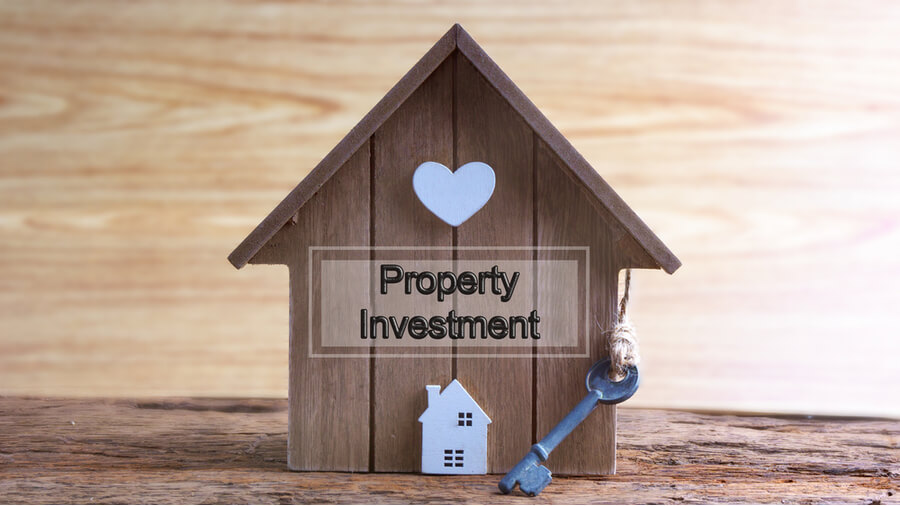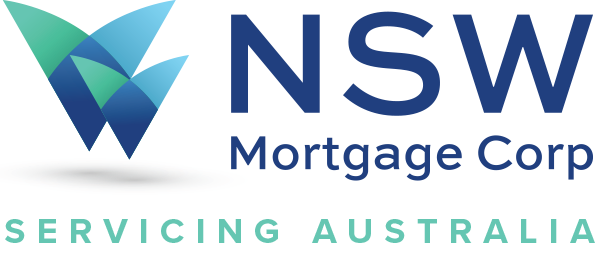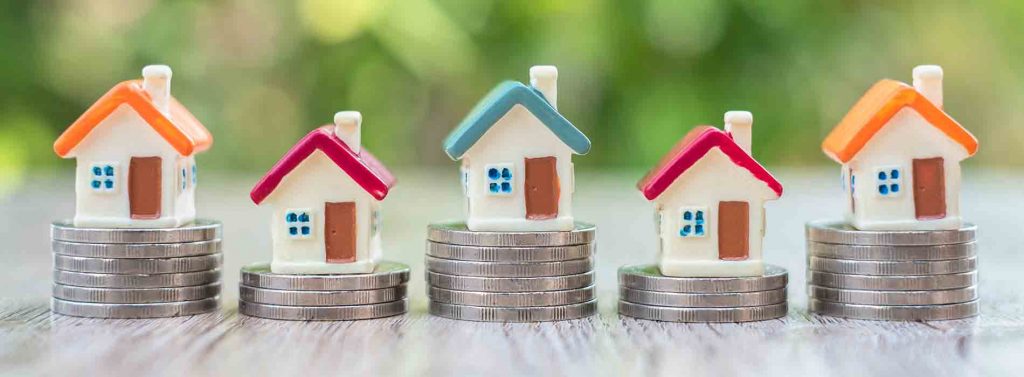Getting on to the property ladder is a goal for many. For some people, this means buying their first home, for others an investment property. What is an investment property exactly? What constitutes an investment in terms of buying a property? Should you buy an investment property? These are all questions that require proper understanding prior to taking on the responsibility of an investment and its associated risks.
What Is An Investment Property?
In simple terms, an investment property is any property purchased with the intention for it to turn a profit. This could be as a rental, quick flip renovation or future sale with a capital gain.
Investment properties can be short-term projects or long-term ventures. They can be owned by:
- An individual.
- A trust
- Group of investors
- A corporation.
Investment properties are not utilised as a primary residence or premises by the owner. They are purchased with the intention of earning the buyer some form of income. Income can be received via dividends, interest, rents, or even royalties.

What Are Pros And Cons Of An Investment Property?
If you are still wondering what is an investment property, then it’s important to understand the pros and cons before going any further. While an investment property can be considered overwhelmingly positive – adding to your property portfolio is of course a great achievement. It is important to understand the risks and tax implications of taking on a second property, however.
Investment Property Pros:
- Property is traditionally a more stable investment over time than things like stocks and bonds which are more volatile.
- Generates cash flow via passive income.
- You can leverage your investment. For example, you could take your deposit of $80,000 and invest it in the stock market OR you can take your $80,000 topped up with the bank’s money and purchase a $300,000 house. Giving you more, for less.
- Tax benefits, negative gearing (when you make a loss that offsets your taxable income)
- Long-term growth and earning potential. Not just earning from rental increases, but property values. As your equity improves, it gives more potential to purchase more investments.
Investment Property Cons:
- Initial outlay. Buying property requires hundreds of thousands of dollars to invest. Unlike the stock market in which you can invest as little as $20.
- Ongoing costs. A property requires maintenance, there will always be repairs, problems that arise with tenants or the premises. Not to mention agency fees if being managed for you, rates, strata fees for strata-titled properties and more.
- Your money is tied up. Stocks and bonds can be sold easily if you need quick access to funds. Property is not considered a liquid asset. Selling takes time and has associated costs.
- Bad tenants. Tenants can damage your property, be demanding or slow/late to pay the rent – causing financial and emotional stress.
- Changes such as shifts in interest rates or periods of unexpected vacancies could lead to significant financial distress.
- Lack of diversity. Putting all your eggs in one basket (tying all your capital to a single investment) can leave you vulnerable. If the market shifts and it’s not in your favour this could leave you in serious financial trouble. Following the 1% and 2% rules can help you determine the viability of an investment in consideration of these changes.

Types Of Investment Properties
Now you know what is an investment property, it’s now time to consider the different types of investment properties. Investment properties are purchased for all kinds of reasons, but they are often purchased based on their future possibilities. Frequent investors such as developers will usually assess the zoning of premises and review its potential in-depth.
The everyday investor may just be looking to shore up their retirement with a money-making enterprise, secure a child’s inheritance or purchase a holiday home.
Whatever your reason for investing, there are three main categories of investment properties to consider.
Residential: Investments purchased for use as rental homes. This can be a free-standing dwelling, duplex, townhouse or apartment. Rental investments provide income via weekly, fortnightly or monthly rental payments.
Commercial: Usually purchased by corporations, these premises are purely for business purposes. Commercial properties are usually warehouses or retail premises, They tend to have higher maintenance costs but these are usually offset by their ability to command higher rents.
Mixed-use: Mixed-use investment properties are properties such as large apartment blocks that have commercial premises on the ground floor. The lower floors may be a supermarket, cafe, pharmacy, office space etc and the upper floors remain residential.

Financing An Investment Property
Securing finance on an investment property is best done through a broker with access to a range of competitive loan products. As with any home loan, you will require a deposit or significant equity in an existing property somewhere between five and twenty per cent of the purchase price. With the awareness of what is an investment property, it’s time to make a decision as to whether it is the right venture for you or not.
If you’re ready to take the plunge into investing in property, contact the expert brokers at NSW Mortgage Corp here. With access to a huge range of competitive loans, you can be on your way to growing your property portfolio in no time.




